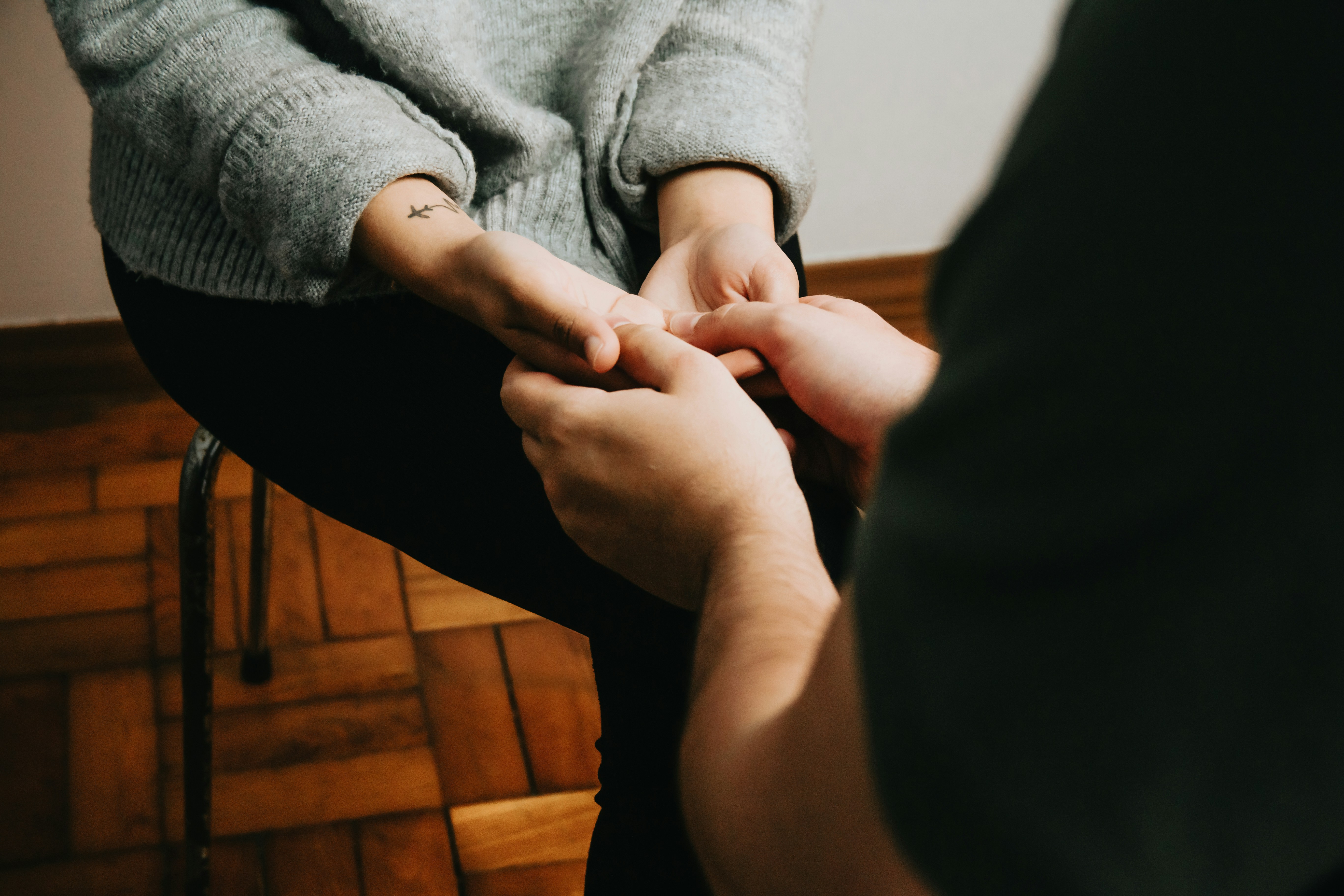
Loss of interest in everything: Causes, Signs, and How to Regain Motivation
What Does it Mean to Lose Interest in Everything?
Anhedonia is defined as the inability to experience joy or pleasure in activities you once enjoyed. Someone who experiences anhedonia may feel numb and have a loss of interest in things that are pleasurable, which typically leads to a further lack of motivation when it comes to engaging in social activities or hobbies that were once exciting to them. Anhedonia is generally divided into two distinct types: social and physical. Both types reflect the broader inability to feel pleaseure, but they affect different aspects of a person’s life and interactions.
- Social Anhedonia: refers to the lack of pleasure or interest in social interactions or relationships.
- Physical Anhedonia: refers to the diminished ability to experience pleasure from physical sensations or activities that used to be enjoyable such as eating, exercising, or engaging in sexual activity.
Experiencing a loss of interest in hobbies that you once enjoyed can also feel overwhelming for someone.
Common Causes of Losing Interest in Daily Activities
Have you ever caught yourself wondering, “why have I lost interest in everything?” You're not alone! Many individuals go through periods of their life where nothing interests them anymore, even if it’s something they once loved. There are so many factors that you can attribute these new and possibly intense feelings to, such as stress, burnout, hormonal imbalances, or major life changes.
Recognizing this shift in your mindset is the first step, and if you’ve found yourself here, you’re already on the right path to understanding it. Although it's an intimidating feeling, identifying the root causes can help you take back control and motivation.
What to do when nothing interests you? Here are a few possible causes of feeling numb and disconnected:
Mental health conditions
PTSD, bipolar, Depression, anxiety, burnout, stress, and conditions like PTSD and bipolar disorder can all contribute to feelings that you’ve lost interest in everything. If you’re struggling, consider seeking online help for depression to get the support you need.
Physical health factors:
Chronic illness, hormonal imbalances, and sleep deprivation can also take a toll on your motivation. If sleep issues are affecting your well-being, you may benefit from exploring insomnia treatment to help restore sleep balance.
Lifestyle and environmental changes:
Major life transitions such as starting a new job or career, becoming a parent, losing a loved one, changing living arrangements, or shifting from a structured routine can all contribute to this overwhelming feeling of numbness and having no desire to do anything. Additionally, nutritional deficiencies (like vitamin D), thyroid disorders, or chronic pain can also play a role in these feelings. If you or a loved one might be experiencing postpartum depression, seek help immediately.
Signs That loss of Interest is Affecting Your Well-Being
Occasional boredom is completely normal, but if you’ve been feeling not interested in anything for a prolonged period, it might be time to take a closer look. When the loss of interest starts affecting your ability to engage in everyday activities or interact with others, it can have a significant impact on your well-being.
Symptoms like emotional numbness, a lack of motivation, and social withdrawal can make it difficult to maintain relationships, perform well at work, or even take care of basic self-care needs. Recognizing these signs early can help distinguish between temporary boredom and a more persistent loss of interest.
It's important to remember that experiencing these symptoms doesn't automatically mean you're dealing with a specific condition. A full clinical picture requires evaluation, and symptoms alone are not enough for a diagnosis. However, if you're constantly feeling empty, detached, or disconnected from the things that once brought you joy, it may indicate a deeper issue like anhedonia. Seeking support from a professional can help you better understand what's going on and guide you toward the right path to healing.

How to Regain Interest and Motivation
It's disheartening and even scary to catch yourself saying “why am I losing interest in things I used to love?”
Small Daily Changes to Improve Mood
If you feel like you have no motivation to do anything but not depressed, starting with small, manageable changes can make a difference. Simple routines to start your day like morning sunlight, light movement like a walk, or mindful breathing can help shift your mindset for the day ahead. Setting small, achievable goals like making your bed or preparing lunch can build momentum over time.
Reconnecting with Hobbies and Passions
When you feel like you’re not interested in anything, it may take intentional effort to re-engage with past hobbies. A lack of motivation and loss of interest can sometimes signal deeper concerns that therapy or medical intervention can help address.
You could try revisiting activities you once enjoyed, even in small ways. For example, instead of forcing yourself to love reading again, you can switch to an audiobook and that may reignite interest.
When to Seek Professional Help
If feelings such as little interest in doing things persist, it may be time to ask yourself if this is more than just a phase. A lack of motivation and loss of interest can sometimes signal deeper concerns that therapy or medical intervention can address. If these feelings have lasted more than two weeks, it may be a good time to seek professional support. Additionally, if this loss of interest is interfering with your work, relationships with loved ones, sleep, or other aspects of daily life, it could be an indication that it's time to reach out for help.
Mindful Care provides patients with expert support to help you understand and manage these feelings.
Final Thoughts: Finding Meaning and Purpose Again
If you’re struggling with feelings of losing interest in everything, remember that recovery happens in small steps. Be patient and kind to yourself – motivation can return with time and the right support. Mindful Care is here to help you take that first step toward feeling like yourself again.






